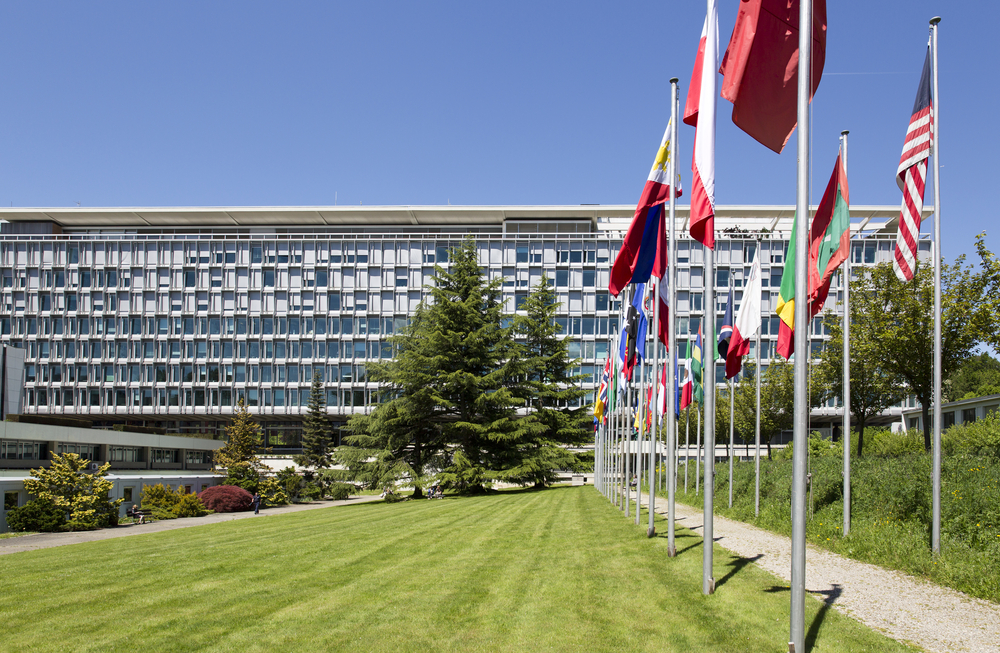
MANILA — The World Health Organization (WHO) assured on Monday its readiness to extend assistance to all its member states on whatever health challenges the future holds.
“Together, we will address some of those challenges in this session of our governing body,” Dr. Shin Young-soo, WHO regional director for the Western Pacific, said during the 65th Session of the Who Regional Committee for the Western Pacific held at the Philippine International Convention Center (PICC) in Pasay City.
President Benigno S. Aquino III, who was the guest speaker, underscored the importance of global cooperation to prevent the spread of deadly diseases, such as the Ebola virus and the Middle East Respiratory Syndrome Coronavirus (MERS-CoV).
The President Aquino said stopping the spread of these contagious diseases is a “paramount concern” of the administration, considering the significant number of Filipinos working abroad.
“Outbreaks of illnesses and diseases like the MERS-Coronavirus and Ebola are among the greatest challenges the world faces today,” he said.
“For the Philippines, specifically, the fact that we have ten million of our countrymen living and working abroad, makes these kinds of outbreaks a paramount concern,” he added.
The President shared how the government, through the Department of Health (DOH), managed to prevent the spread of MERS-Coronavirus in the Philippines despite the more than one million Filipinos living and working in the Middle East.
He said the DOH has been tasked to continue to educate the public about the deadly diseases without causing fear and panic, and to come up with an efficient and safe way to monitor the exposure of the people to such diseases.
He assured that the government will continue to exert effort to keep all Filipinos safe and healthy amid the global threat of pandemics.
In his opening remarks, Dr. Shin cited that the agenda of the session included critical issues such as mental health, tobacco control, anti-microbial resistance, vaccines, and emergencies and disasters.
“Each year, when the Regional Committee meets, we also review our progress in priority areas of public health to ensure we are meeting the goals you, our member states, have set,” he told some 250 delegates from more than 30 countries.
He also told the delegates that they will be reviewing the progress towards the implementation of the International Health Regulations (2005) Core Capacities in relation to the current EVD crisis.
Representatives of the participating countries shared their experiences and views on the progress made in other areas, including malaria, tuberculosis, dengue, environmental health, violence and injury prevention, nutrition, food safety, Millennium Development Goals (MDGs) and also about their responses and experiences from Severe Acute Respiratory Syndrome (SARS).
Dr. Shin likewise said that the experiences and preparedness or interventions that were put in place by the member states earlier in dealing with SARS, like having strong surveillance system, good laboratory service, safe burials and mobilization can help a lot in successfully controlling the outbreaks of infectious diseases.
Philippines Health Secretary Secretary Enrique T. Ona was elected as chairman of the session.
In an interview with reporters, Secretary Ona stressed once more the need for proper awareness or understanding by the public in dealing with the Ebola virus in the event of its possible entry in the Philippines.
He likewise emphasized that preparedness is the key and there should be no room for panic.
According to WHO Executive Director Ian Smith, in dealing with the EVD, it is highly important that panic should not run faster than the virus.
Dr. Smith said that almost 90% economic losses may be lost by a country once panic prevails.
Smith also thanked the Philippine government for hosting this year’s meeting of the regional committee.
Characterizing the Filipinos as “well-known survivors,” Smith expressed optimism that the Philippines could prevent the importation of Ebola virus as the country has survived various disasters in recent years.